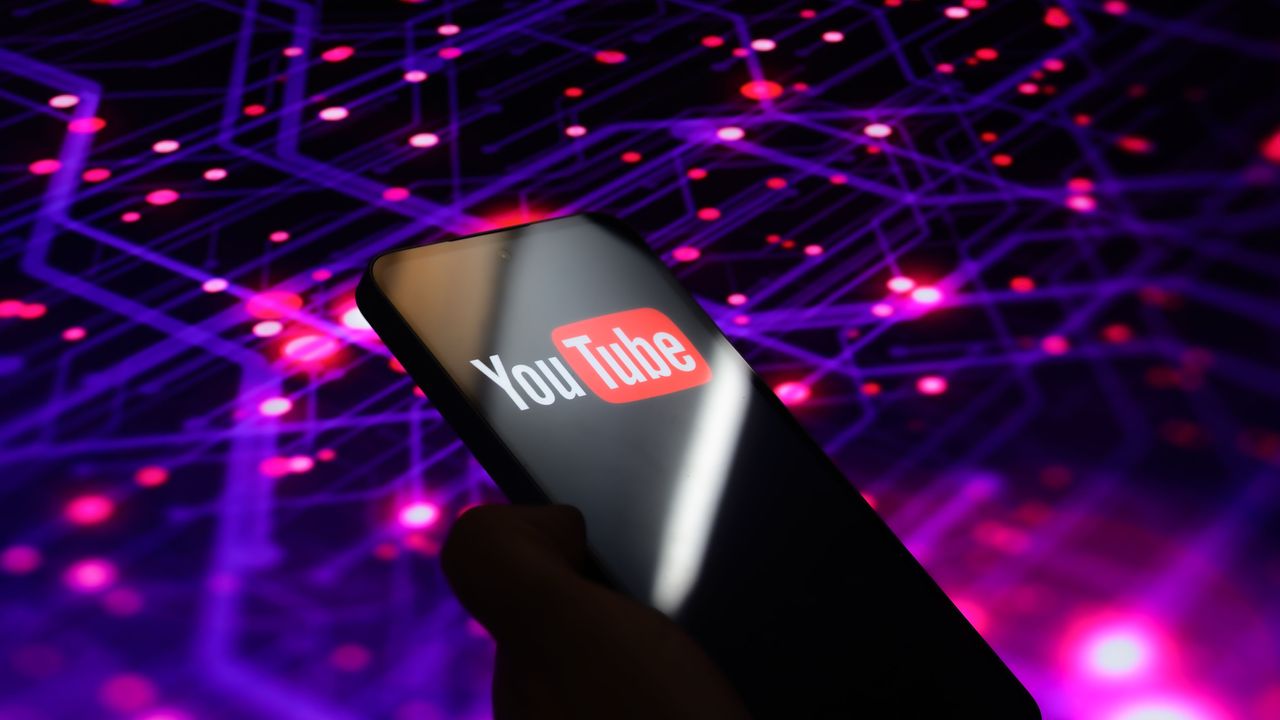
A few weeks back, YouTubers started to notice something odd about their Shorts – they looked like AI fakes. Now, YouTube has spoken up about what’s going on: an experimental machine learning to improve clarity and unblur videos.
After creators started pointing out oddities in the quality of the short-form videos posted to YouTube Shorts compared to other platforms, a YouTube representative has finally clarified what was going on.
“No GenAI, no upscaling. We're running an experiment on select YouTube Shorts that uses traditional machine learning technology to unblur, denoise, and improve clarity in videos during processing (similar to what a modern smartphone does when you record a video),” Rene Ritchie, YouTube Creator Liason, wrote on X.
While YouTube’s statement indicates that the AI oddities that creators are noticing are so-called “traditional AI” and not generative AI, the conversation on X indicates many creators aren’t happy about the experiment.
Creators have responded by criticizing the video platform for imposing its definition of how a video should look when some creators may stylistically disagree.
Even if it isn’t generative AI, I don’t think a platform should impose its idea of "aesthetically appealing" on creators, especially when it erases their stylistic intent…….. https://t.co/MlmaPKDTnPAugust 20, 2025
Others have pointed out the reason why creators discovered the experimental feature in the first place – not everything looks better when sharpened and denoised.
I'd say technical literacy is dead but I don't blame anyone for missing the nuance. Upscaling isn't genAI, and doesn't have the same ethical considerations BUT it is bad practice imo to not default to original best quality. Not everything works well with upscaling. and moreso https://t.co/Q2yv4J7YbrAugust 21, 2025
Others asked for at least an opt-out, adding that, beyond being unwanted in some cases, the use of AI tends to also be power-hungry.
maybe creators should at least have an *opt-in* for such feature. such functionality in some cases can actually make the resulting video (far) worse than the original. save resources and creators aren’t forced to use it when their videos absolutely don’t need such processing https://t.co/o4IFzw5TksAugust 21, 2025
According to a report by the BBC, complaints on social media over the AI experiment date back to at least June.
YouTuber and musician Rhett Shull accused the platform of applying AI filters without telling creators. In the video originally shared on August 14, he pointed out differences between videos shared on Shorts and those posted to Instagram Reels, noting oddities in hair and wrinkles and even saying that some videos looked like an AI beauty filter had been used to smooth out skin.
Shull called the issue a “massive problem” in a video that has now amassed more than 690,000 views. He even recruited a photographer to comment, who said that the Shorts looked fake.
“Whether or not you like my content or agree with what I have to say, underneath all of that is this underlying foundation that you trust what I’m making and what I’m saying and what I’m doing is truly me,” he said in the video. “It is my real opinion. It is my real thought. It is my real work. Replacing or enhancing my work without consent or knowledge with some kind of AI upscaling system not only I think erodes that trust with the audience, but it also erodes my trust in the platform of YouTube.”
You may also like
Browse the best cameras for YouTube, or learn how to spot an AI-generated image.







